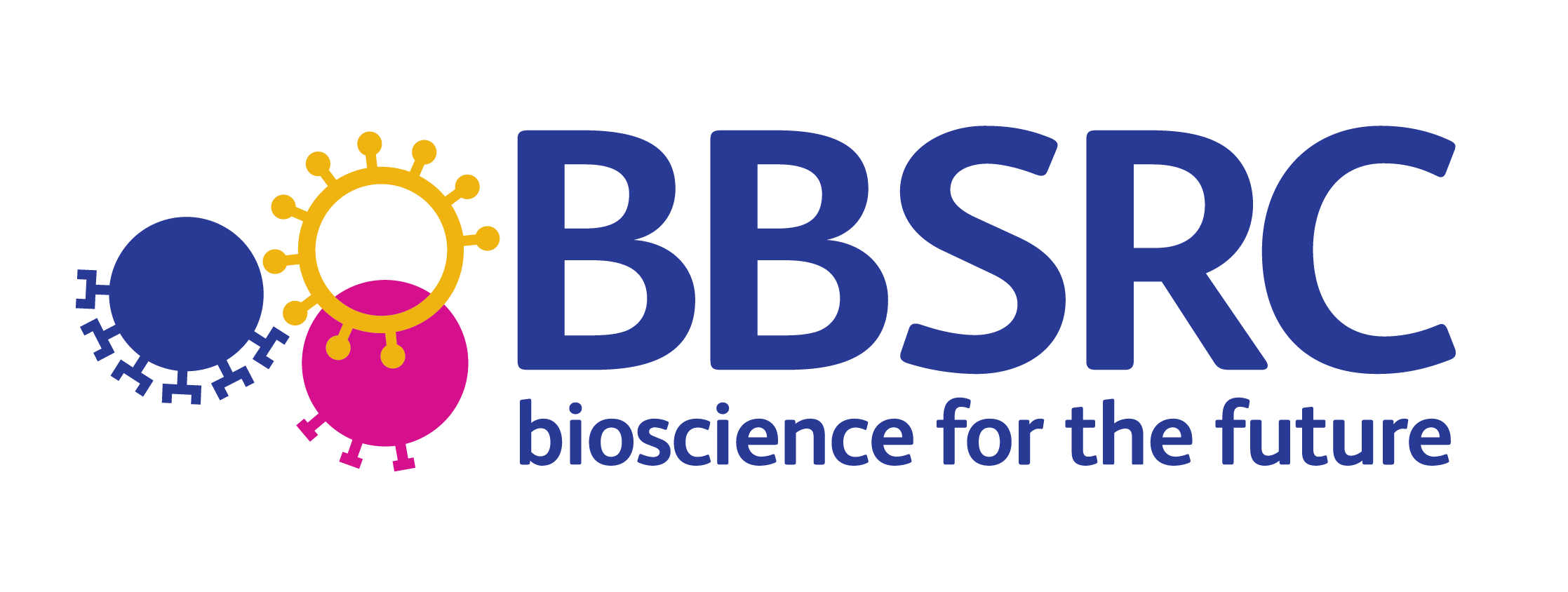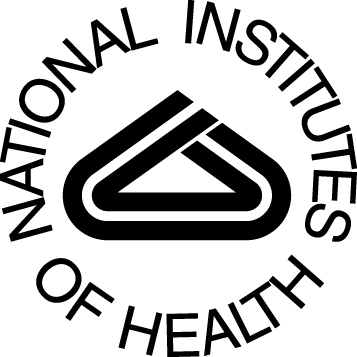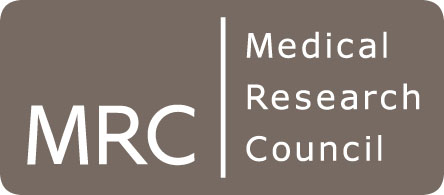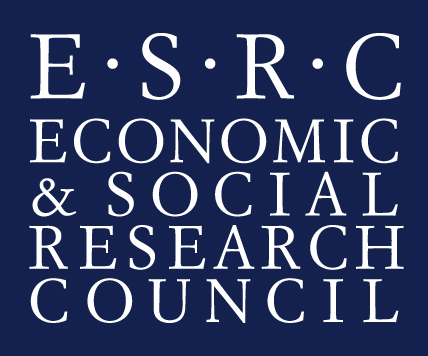Papers accepted at Coling 2020
2020-10-20
We are delighted to announce that two papers describing work carried out at NaCTeM has been accepted for presentation at Coling 2020, to be held online from 8th - 13th December, 2020:
Li, M., Takamura, H. and Ananiadou, S. (To Appear). A Neural Model for Aggregating Coreference Annotation in Crowdsourcing. In Proceedings of the 28th International Conference on Computational Linguistics (COLING 2020)
Abstract:
Coreference resolution is the task of identifying all mentions in a text that refer to the same real-world entity. Collecting sufficient labelled data from expert annotators to train a high-performance coreference resolution system is time-consuming and expensive. Crowdsourcing makes it possible to obtain the required amounts of data rapidly and cost-effectively. However, crowd-sourced labels can be noisy. To ensure high-quality data, it is crucial to infer the correct labels by aggregating the noisy labels. In this paper, we split the aggregation into two subtasks, i.e, mention classification and coreference chain inference. Firstly, we predict the general class of each mention using an autoencoder, which incorporates contextual information about each mention, while at the same time taking into account the mention’s annotation complexity and annotators’ reliability at different levels. Secondly, to determine the coreference chain of each mention, we use weighted voting which takes into account the learned reliability in the first subtask. Experimental results demonstrate the effectiveness of our method in predicting the correct labels. We also illustrate our model’s interpretability through a comprehensive analysis of experimental results.
El Boukkouri, H, Ferret, O., Lavergne, T., Noji, H., Zweigenbaum, P. and Tsujii, J.. (To appear). CharacterBERT: Reconciling ELMo and BERT for Word-Level Open-Vocabulary Representations From Characters. In Proceedings of the 28th International Conference on Computational Linguistics (COLING 2020)
Abstract:
Due to the compelling improvements brought by BERT, many recent representation models adopted the Transformer architecture as their main building block, consequently inheriting the wordpiece tokenization system. While this system is thought to achieve a good balance between the flexibility of characters and the efficiency of full words, using predefined wordpiece vocabularies from the general domain is not always suitable, especially when building models for specialized domains (e.g., the medical domain). Moreover, adopting a wordpiece tokenization shifts the focus from the word level to the subword level, making the models conceptually more complex and arguably less convenient in practice. For these reasons, we propose CharacterBERT, a new variant of BERT that drops the wordpiece system altogether and uses a Character-CNN module instead to represent entire words by consulting their characters. We show that this new model improves the performance of BERT on a variety of medical domain tasks while at the same time producing robust, word-level and open-vocabulary representations.
| Previous item | Next item |
| Back to news summary page |
Featured News
- 1st Workshop on Misinformation Detection in the Era of LLMs - Presentation slides now available
- Prof. Ananiadou appointed Deputy Director of the Christabel Pankhurst Institute
- ELLIS Workshop on Misinformation Detection - Presentation slides now available
- Prof. Sophia Ananiadou accepted as an ELLIS fellow
- BioNLP 2025 and Shared Tasks accepted for co-location at ACL 2025
- Prof. Junichi Tsujii honoured as Person of Cultural Merit in Japan
Other News & Events
- AI for Research: How Can AI Disrupt the Research Process?
- CL4Health @ NAACL 2025 - Extended submission deadline - 04/02/2025
- Invited talk at the 15th Marbach Castle Drug-Drug Interaction Workshop
- Participation in panel at Cyber Greece 2024 Conference, Athens
- Shared Task on Financial Misinformation Detection at FinNLP-FNP-LLMFinLegal








